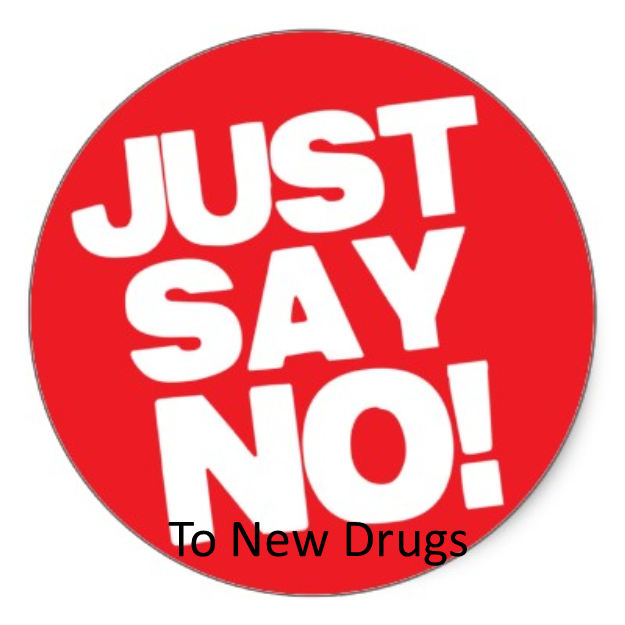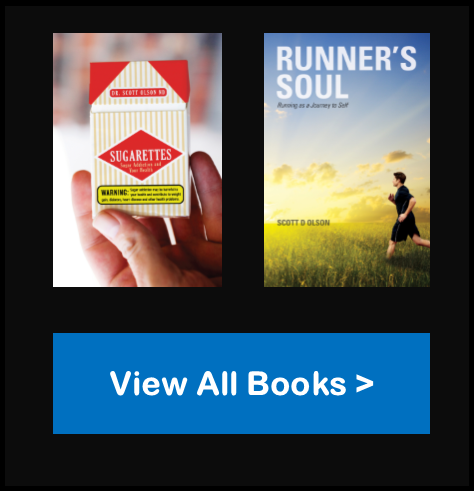New Drug
New drugs are released all the time, usually to much fanfare and hype. The new drug often sound like a miracle: it works better than an old drug, it has less side effects, it will cure an incurable disease…

While the hype surrounding a new drug almost always makes the drug sound great, the reality is that few drugs ever live up to their hype.
You may be tempted to try a new drug, especially if you are sick and in need of some relief, but this is a temptation you should avoid unless the condition you have is life threatening.
The reason why new drugs should be avoided is because they haven’t been thoroughly tested. While medical professionals would surely scoff at this idea – all drugs go through a rigorous testing before approval – the reality is that no drug can really only be tested as well as it needs to be when it is released to the general public.
Real Life Drug Testing
A typical drug goes through three stages of testing, known as Phase 1, Phase 2 and Phase 3 testing.
Phase 1 testing is where the drug is testing in a laboratory setting. This is the so-called test-tube or in-vitro phase of testing. Scientists see if the drug can work in very controlled laboratory testing situation. In Phase 2 testing, drugs are then given to animals to see how they react to the drug. If Phase 1 and 2 look promising, then a drug moves on to a clinical phase where it is tested in humans.
During Phase 3 or human testing, the drug is given to a number of people (rarely numbering over 1000) and then, if the side effects are low enough and the drug actually proves to be effective, it will be approved. Some drugs have to go through a series of Phase 3 testing before being approved.
What you want to notice about this testing is that the drug has been tested, at most, in only 1000 people and usually the number of people who have tested the drug are much less.
The real life drug testing only begins when the drug is released and hundreds of thousands of people try it.
Who Does Drug Tests?
This is an interesting point and one to ponder. Who shows up to be a part of a drug test?
Usually the people who show up to try an experimental drug fall into two categories: The first are people who need money (college students or people down on their luck) and the second are people who have a condition who aren’t finding help through other means (a terminal cancer patient, or maybe someone who has a disease that no drug have been able to help).
The problem is that the people who usually use the drug are often not represented in the studies. This has lead to some strange situations where a drug meant for older patients has only been tested in younger patients, or a drug designed for women has only been tested in men.
How to Make a Decision about a New Drug
The only way to know if a new drug is safe is after it has been tested. But don’t be fooled, testing doesn’t happen in the laboratory; it happen in the real world after the drug is released. Only after a drug has been on the market for a number of years can you trust that most of the side-effects of the drug have been discovered.
Ask yourself these questions when considering a new drug:
- Is the drug really necessary? Many new drugs offer only minor improvements over old drugs such as being longer lasting, or one pill instead of two. Is it really worth the risks for only a small improvement?
- Has the drug been on the market long enough? I generally recommend that you don’t try a drug unless it has been on the market for at least two or three years, preferably five years.
- What are your risks? If you have a terminal disease and the drug offers you hope, take it. The risks are moderated by your situation and it is always worth a try.
Ultimately, I think of drug therapy as a crutch, we all need some help every now and then, but we shouldn’t think of them as long-term solutions to problems. Drugs have side-effects because the change the way that your body works, unlike natural medicine that supports your body’s own healing mechanisms. New drugs can be harmful and should be avoided for everyone who is not in an emergency situation.











herbs-wholesale
good information site OlsonND.com
thanks for share good information OlsonND
Sandra’s last blog post..Sulphur